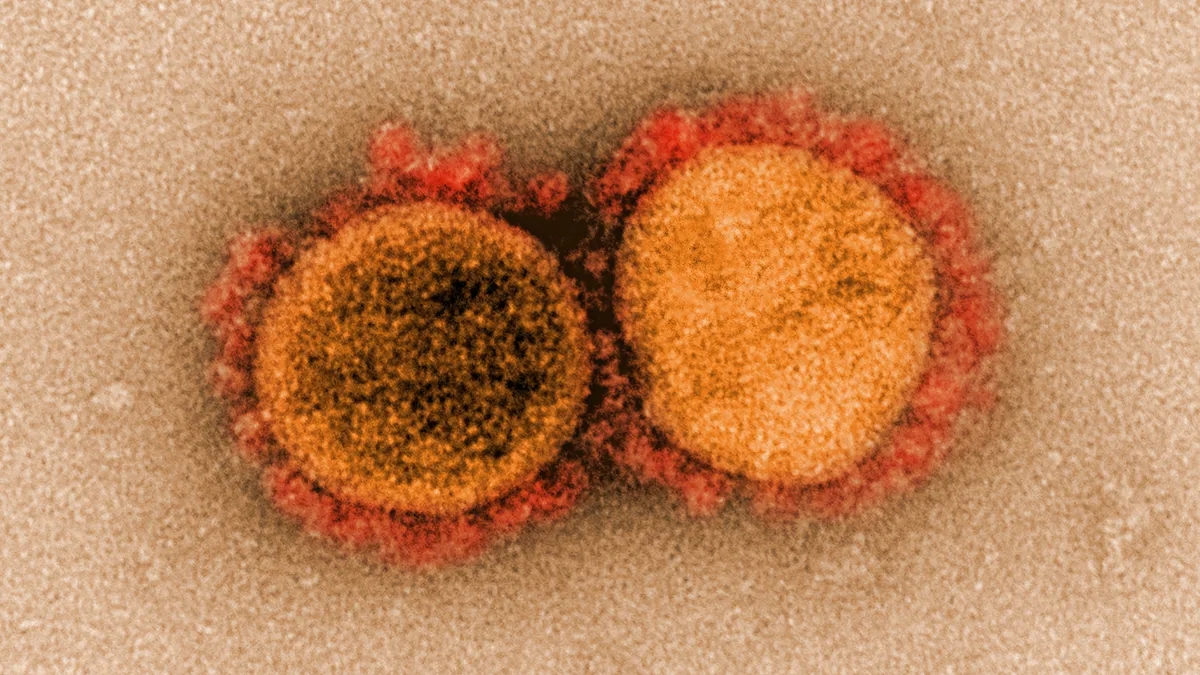Dive Brief:
- FDA expects polymerase chain reaction and rapid antigen tests used in the U.S. to be able to detect the omicron variant, but is continuing to monitor the situation after completing its preliminary review.
- The identification and spread of the omicron variant have raised concerns that it will render products based on the original COVID-19 virus ineffective. However, test developers were quick to downplay the worries.
- FDA followed up on Tuesday with the findings of its preliminary review, joining the chorus of voices saying that, from a testing perspective, the current products can cope with omicron. The agency said that obtaining genetic information and patient samples and completing testing and evaluation should be "completed in the coming weeks."
Dive Insight:
Omicron has approximately 30 mutations, three small deletions and one small insertion in the spike protein alone. If a test is designed to detect an area of the virus that has changed, it could give false negatives. Omicron is unlikely to cause that problem, though, with FDA joining a list of top diagnostic manufacturers in issuing a positive preliminary conclusion.
"On preliminary review, we believe high-volume polymerase chain reaction (PCR) and antigen (rapid) tests widely used in the U.S. show low likelihood of being impacted and continue to work. However, the FDA will continue to closely review and adjust course as needed," the agency wrote.
FDA issued its statement on the same day as Quidel shared its thoughts on the impact of omicron. In a statement, Quidel CEO Doug Bryant said an in silico analysis of the GISAID database found "100% of all 206 published sequences of the omicron variant are covered by our primer and probe combinations," adding that there is a "high likelihood" the company's antigen assays can detect the variant.
At the same time, Bryant said the company is "following up these analyses by testing live samples, and Quidel, like our industry peers, will know more in time."
The FDA and Quidel notices follow updates from companies including Abbott Laboratories, Becton Dickinson, Hologic, Thermo Fisher Scientific and Qiagen, all of which expressed expectations that their tests will be able to detect omicron.
The European Centre for Disease Prevention and Control set out its position before the flurry of updates, stating there was little information on any effect of spike changes on the sensitivity of PCR or antigen tests and predicting the latter kits will be unaffected by nucleocapsid mutations.
FDA published guidance on evaluating the impact of viral mutations on COVID-19 tests early this year as the alpha variant spread out from the U.K., before going on to order manufacturers to carry out assessments against the backdrop of the delta wave in September. The actions provided a framework for reducing the risk of a variant rendering a test ineffective and for identifying and fixing problems quickly.










